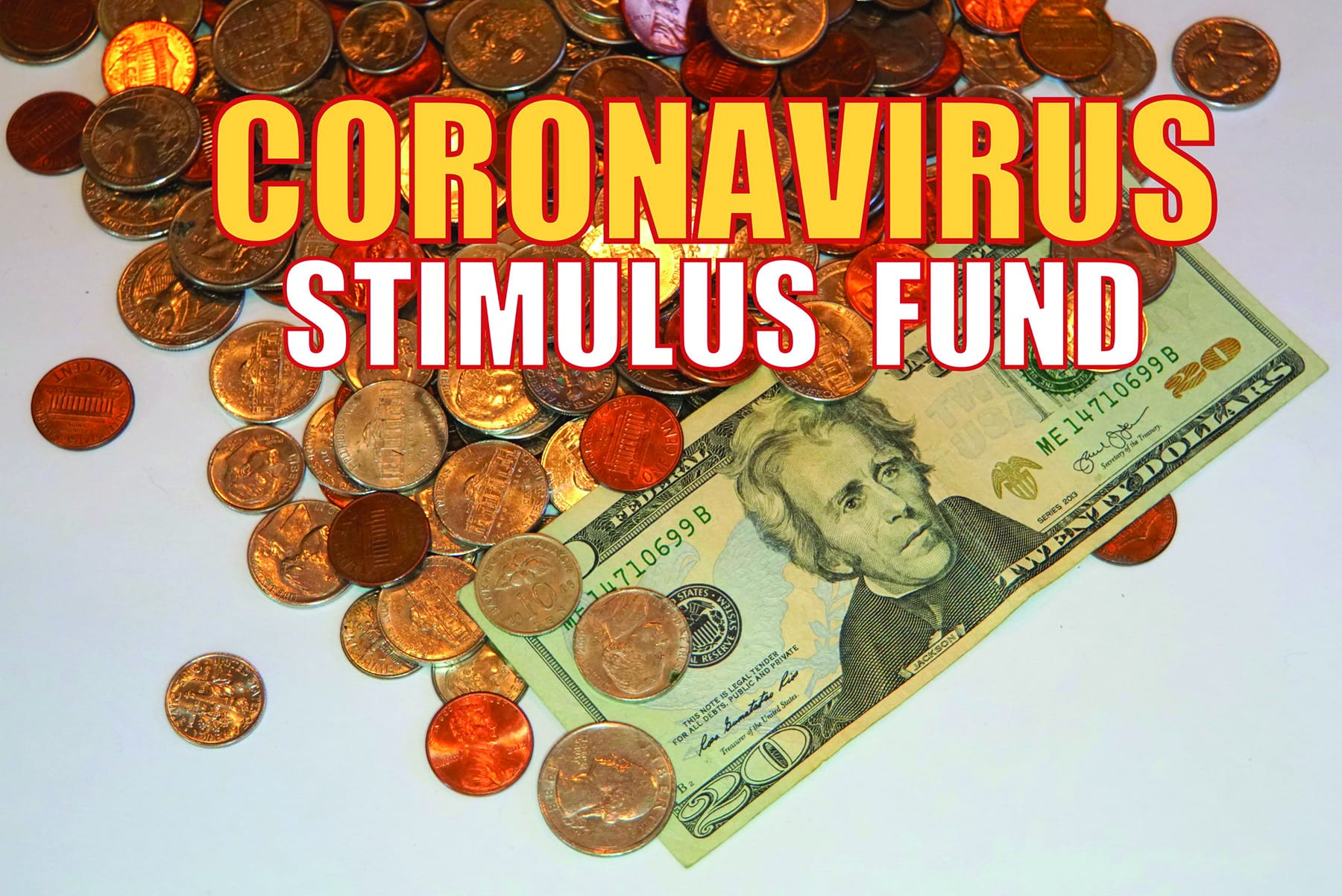By Will Hall, Message Executive Editor
NOTE: The original paragraphs 11 and 12 have been replaced with a single paragraph to correct information about loan forgiveness.
WASHINGTON (LBM)—The U.S. House has approved a $2 trillion coronavirus impact aid bill that provides economic relief to workers and businesses; and, because of the work of many concerned lawmakers, these provisions extend also to 501(c)(3) entities, which include churches, Christian schools and other religious bodies.
Importantly, evangelists are eligible for the payroll protection loans provided in the legislation.
WHAT THE LAW MEANS
In a summary of the Coronavirus Aid Relief Economic Security (also known as C.A.R.E.S.), U.S. Rep. Mike Johnson (R-La.), a member of the First Baptist Church in Bossier City, said the Small Business Assistance portion of the legislation, passed by voice vote in the House, March 27, after it was approved 96-0 by the Senate, March 25, includes nonprofits with payrolls not exceeding 500 employees per location and caps any single loan at $10 million.
“This will be an important lifeline for so many of our churches and ministries here in Louisiana and nationwide, and we are grateful for it,” said Johnson. “This is a time of unprecedented challenge, but by God’s grace, we will all get through it.”
Gene Mills, director of Louisiana Family Forum, a Christian public policy ministry, offered an invitation to Louisiana Baptist churches to join in a conference call on Monday, March 30, 11 a.m., to ask any questions regarding the impact on churches and other ministries.
“This is far too important and far too essential for churches to operate on bad information,” Mills told the Baptist Message. “So we want to go directly to members of Congress to answer our questions about the details of the legislation.”
Church and other ministry leaders are urged to register online so adequate accommodation can be made for the number on the call, by clicking here (go to www.lafamilyforum.org if the click through link is inoperative). The phone number and access codes will be emailed Sunday to those who sign up.
Congressman Johnson as well as Louisiana Attorney General Jeff Landry will be among the panelists answering participants’ questions.
Mills also shared information, released jointly with Will Hall, director of the office of public policy for the Louisiana Baptist Convention, that outlines what data pastors need to gather this weekend in order to timely submit loan applications as soon as possible next week.
LOAN ESSENTIALS
Basically, churches and other Christian ministries may receive a loan equal to 2.5 times the 12-month average of all salary costs. Essentially, this means each nonprofit will receive a loan equal to 2.5 months of payroll costs.
Up to 100 percent of these loans may be forgiven, based on employee retention at the end of June 30, 2020. Methods for calculating loan forgiveness will be provided in later reports.
Church leaders should create a spreadsheet this weekend, totaling all annual payroll costs per employee, not to exceed $100,000 per employee from March 2019 through February 2020. Costs may include:
— salary
— group health care benefits
— paid sick, medical, or family leave
— insurance premiums
— commissions, or similar compensations
— telephone reimbursement
— travel reimbursement
— retirement
— housing allowance
Divide the total annual cost by 12 and then multiply this number by 2.5 to determine the qualifying loan amount.
Also, nonprofits can include requests that the loan also cover:
— payments of interest on any mortgage obligation (which shall not include any prepayment of or payment of principal on a mortgage obligation)
— rent (including rent under a lease agreement)
— utilities
— interest on any other debt obligations that were incurred before the covered period
Evangelists qualify for the payroll protection loans and the other provisions for nonprofits if they have set up a 501(c)(3) for their respective ministries. Otherwise they qualify at least for payroll protection loans as self-employed individuals, and may apply under the same terms and conditions of other self-employed applicants.
LBC LEADERS RESPOND
Dale Lingenfelter, director of business and information services for Louisiana Baptists, said in anticipation of the need, he has prepared IRS exemption letters for the 1,650 congregations, many of which receive their tax exempt status through the Louisiana Baptist Convention.
“We’ve been following this legislation closely once we learned of the potential financial assistance this could provide our churches,” Lingenfelter said. “We are sending, immediately, a letter to every LBC church validating their 501(c)(3) status as part of the Louisiana Baptist Convention.
“You will need this letter as well as your Employment Identification Number in order to complete an application for the payment protection loan.”
Louisiana Baptist Convention Executive Director Steve Horn expressed appreciation to Louisiana’s legislative delegation in Washington, D.C.
“We are especially grateful for those leaders who had the foresight to include non-profits, which includes churches, Christian schools, camps, and other ministries,” Horn told the Baptist Message. “This may save literally dozens if not hundreds of churches and ministries in Louisiana.
Horn also strongly encouraged church and ministry leaders to “to pay careful attention to at least three parts of the C.A.R.E.S. act: the expanded unemployment benefits program, the expanded and increased deduction for charitable giving over the standard deduction for 2020, and most importantly the payroll protection program.
“I urge you to act quickly because this is not an unlimited amount of money. This money will be available on a first come, first serve basis. Be ready to act Monday.”
Congressman Johnson noted that he is seeking immediate clarification from U.S. Treasury Secretary Steven Mnuchin on whether the SBA program will also apply to independent churches that do not have a formal letter of tax exempt status. Johnson expects to have further guidance on that matter issued shortly.




